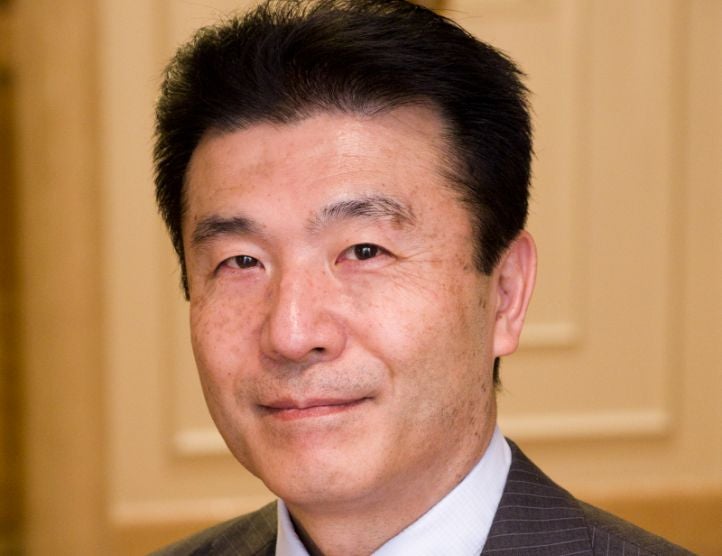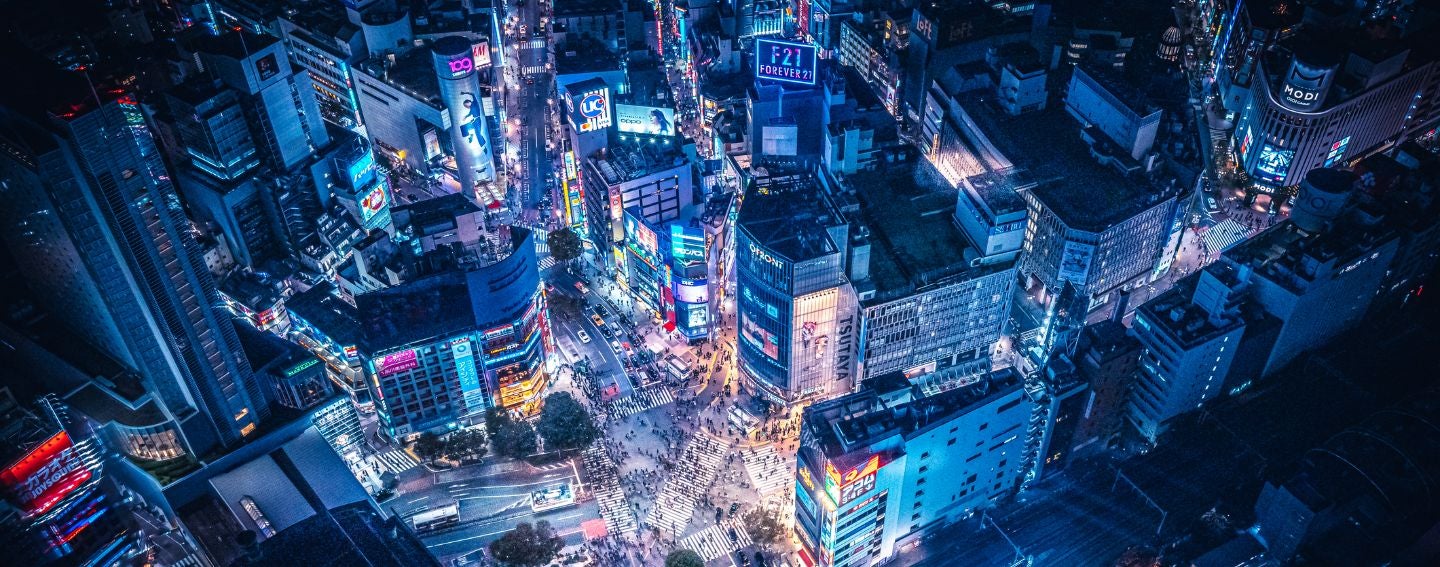
In the global pursuit of a more sustainable future, HC Group has taken an active role in assisting energy and commodities stakeholders worldwide. This effort is especially relevant in Japan, where these initiatives align harmoniously with emerging business prospects resulting from the ongoing reforms in the electricity market. The country wants to boost the role of renewables to cut its carbon emissions, with a view to achieving 36-38% by 2030.
This target is close to being reached following the government’s energy policy introduced after the 2011 Fukushima nuclear accident. But current geopolitical risks are also making it more urgent to reduce oil, gas and coal imports for thermal power generation.
In this interview with HC Insider, Shinichi Kato, President and CEO of Progression Energy’s Japanese subsidiary, a renewables project developer, discusses the opportunities the current market conditions bring to the talent community, and the skills needed to navigate persisting diverse risks in Japan’s electricity market.
What message would you like to convey to young talent about the opportunities offered by Japan’s developing power industry especially with regards to renewable energy?
Shinichi Kato: We are trying to create a new market. The renewable energy market in Japan is much less advanced than in the EU and the US. The opportunity is to develop more offshore projects and work with new companies coming from the EU and the US.
There is demand for a variety of talents, senior, young and not just electricity specialists. My own experience is a good example: my background is in banking and finance. I came into this industry 7-8 years ago and I carved my own career path. We need different characters, capabilities and expertise. We are open to many new ideas that can help build a market based on a different model than the vertically integrated energy utility model.
Renewable energy is a very important source of electricity in Japan to become independent and reduce reliance on oil, gas and coal from the Middle East, Russia, the US, Australia, other Asian countries. We burn a lot of natural resources for thermal power stations and also petrochemical industries or plastic industries. We need to shift our electricity mix from thermal power to renewable energy.
The same logic applies in the UK or Europe but the difference for us is that we are an island. Japan needs to be more self-sufficient by shifting to solar and wind, including offshore wind. The current geopolitical landscape is challenging and that affects energy too. We are surrounded by Russia, China, North Korea. That's why we need to continue economic and security collaboration with the US as well as other collaboration with Korea, Taiwan, the Philippines or other countries like Australia, India.
Is the potential in wind power fully tapped in Japan?
SK: Japan’s onshore areas are already fully exploited by lots of wind farm developers, and this has created more and more oppositions from environmentalists and residence especially in the mountain areas. We have some beautiful mountains and volcanic areas which remain important for the tourism industry as well as preserving our traditional culture.
But Japan has some very windy offshore areas, and we need to tap this potential. There is potential to develop more offshore wind generation capacity around Hokkaido and Tohoku islands for instance, not just the shallow waters area but also in deepwater zones.
With regards to wind, the biggest challenge currently is the growing opposition and awareness from the fishing industry and community. Japan’s fishing industry is very important from an economic and historical point of view. Revenues and fishing volumes are declining because of environmental issues and global warming. But reaching a consensus with the fishing industry has been difficult. There is a lot of fear from this community that offshore wind projects, which are promoted by the government, will have negative effects on them and that it will reduce the space and zones they can fish in.
Reaching a consensus on an industry basis takes a long time. Developers, utilities, trading companies and other incumbents have been facing difficulties in communicating, negotiating, coordinating with fishing unions.
Other challenges include new regulations designed to support the growth of wind energy. For instance, processes for public tendering are still very lengthy and take a long time, even for small capacities. In the current conditions, it is difficult to accommodate more stakeholders and create more competition. That's why we need to try different technologies.
Renewable energy is intermittent – but there are technologies as well like storage batteries. Green hydrogen is also needed as a solution. This boils down to nationwide policy and the role of the private sector.
For queries related to HC Group’s activities in Japan’s energy market, please contact:
Amelia Chahal, Director at HC Group in Singapore
Mikari Kuga, Associate at HC Group in Singapore
How is your company positioning itself and what is your role in it?
SK: We are developing a new offshore wind project based on a new floating technology called “floating offshore wind” which fits better in deepwater areas of more than 100 metres. The floating foundation technology is new in the industry. So we must import a lot of new technologies from Europe or US or even China. Our project is still at the pilot stage. It is taking time to develop and create a local supply chain through the import of available technologies from Europe that say, barge type, semi submissible (semi-sub) or TLP, i.e. tension leg platform.
We are currently working on corporate funding at the head office level to secure more funds cash from external sponsors.
Towards the end of this year, we are planning to get to the next step in our project development phase. We’ll need to do more surveys on the ground, hire environmental specialists for the local permitting management, geo-geotechnical specialists.
What does it take for you to develop this project successfully from a teams and talent perspective?
SK: I am the President and CEO of the Progression Energy’s subsidiary in Japan, which I have created. My responsibility is to manage the company, secure financing and fundraising, build a team with both local and external talent as well as conducting various key stakeholders’ management in Japan.
My management background in the banking industry has been very useful because I know the market and financing partners.
To develop one single project, we need several different individuals to cover finance, engineering, legal, HR matters, etc. We must build up a team. I am just a facilitator in this. We need strong leaders who can engage with the range of stakeholders involved in creating a new value chain, who can manage external players, from local authorities, to construction, industry players, etc.
What does it take in terms of skills, mindset, competencies, personality to balance all of the challenges you have cited and the emerging geopolitical, political, regulatory, local?
SK: I assume if someone is very technically strong, but less strong in communication, he or she will be strictly successful in an engineering or technical team. But it is important to learn to influence and negotiate with other stakeholders. I have learnt to build relationships with specialists like fishingunion management, politicians and local market or central government. I really enjoyed learning different perspectives, from regional government or specific region outside of Tokyo.
As a banker and lender, I used to arrange syndication and debt agreements, negotiating with several clients, from small to mid-size large corporate as well as project finance clients from other countries.
But it is not easy for young talent to reach that level. So, I need to train them on the job. So, we also need to put career plans and development programs in place. I am a strong believer in team collaboration, even for training and developments, so different types of characters, profile and background can be embraced in an inclusive manner, as opposed to the old model based on vertical hierarchy. To conclude, that does not apply just to the workplace but society at large. - Fatima Sadouki

